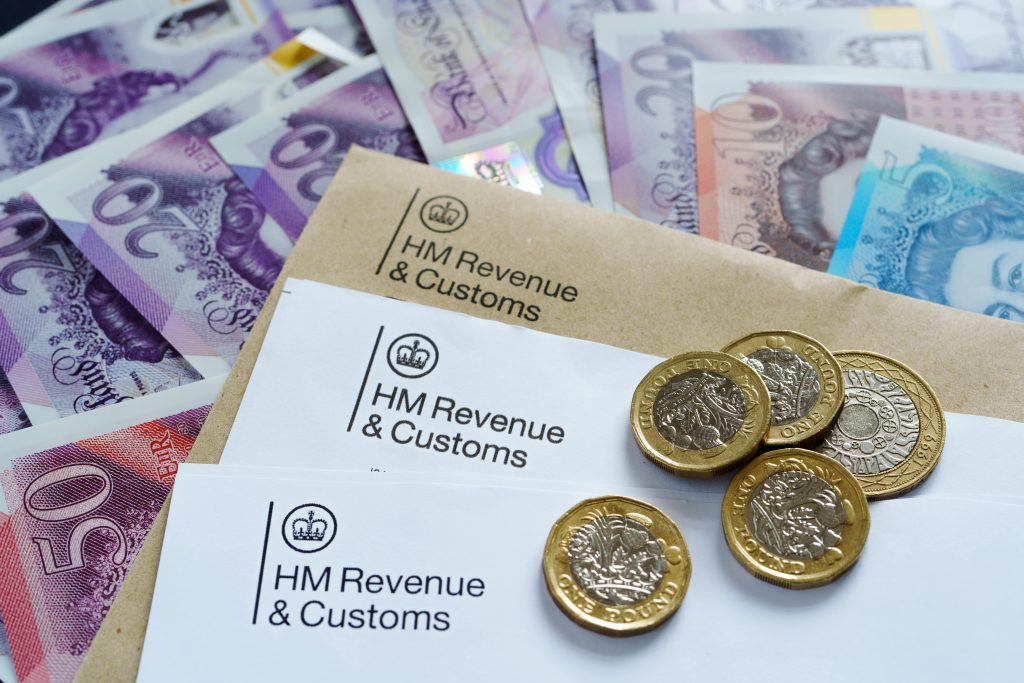Apple and Samsung are due to return to court in the US for the next instalment of their long-running, multi-jurisdictional, multi-million dollar battle over smartphone patents. This is just one of the many such disputes that have been keeping courtrooms across the world busy for the last 10 years, and as these cases show, patents are powerful and potentially very valuable things.
However, they are not the preserve of telecoms giants and can be particularly valuable for SMEs, many of whom are at the forefront of innovation and creating new products.
Making effective use of the patent system can make or break an entrepreneurial SME, but obtaining a patent is not straightforward. Indeed, the word patent is often bandied around incorrectly, so what exactly are they
What is a patent
A patent is a monopoly right which is granted to protect an invention in exchange for details of that invention being made available on a public register. The idea being to reward investment in innovation whilst ensuring that others can benefit from the patent when the period of protection has lapsed.
What can it protect
A patent can be obtained for inventions which are new, involve an inventive step and are capable of industrial application. There are, however, a number of exceptions to what can be patented. This includes scientific theories, mathematical methods, methods of doing business and certain computer programs.
What is the procedure for obtaining a patent
It is necessary to file an application with the relevant Patent Office in the country where protection is sought, although there are various international application routes which can be used to obtain protection in a number of countries in a more cost-effective way. The strength and value of a patent will largely depend on the quality of the application so it is advisable to instruct a qualified patent attorney to assist with the application procedure.
If you are considering applying for a patent, it is important to keep the invention confidential until the application has been filed. Once filed, you will then have 12 months, during which you can use, disclose and demonstrate the invention to third parties before deciding whether to pursue the application process.
What is the benefit of holding a patent
Once granted, a patent will give the owner a 20-year monopoly over the invention concerned. This can be exploited by preventing competitors using the same technology (even where this has been independently developed), or by licensing the patented technology to others in return for payment.
While obtaining a patent can be a long an expensive process, the commercial advantages cannot be understated. Having a strong patent portfolio can be an important way of gaining a competitive edge in the market and it can add significant value to your business.
Tom Lingard is a partner at Stevens & Bolton LLP.






















































































































































